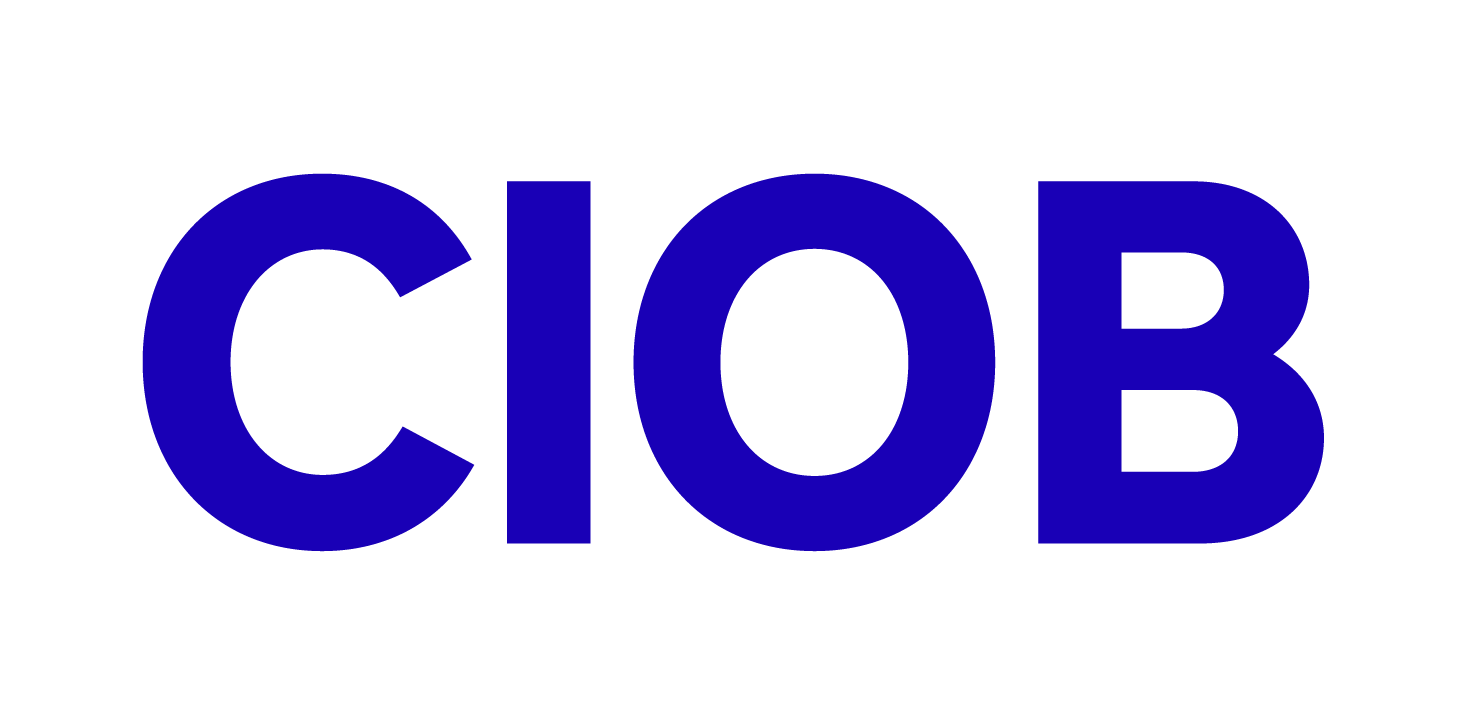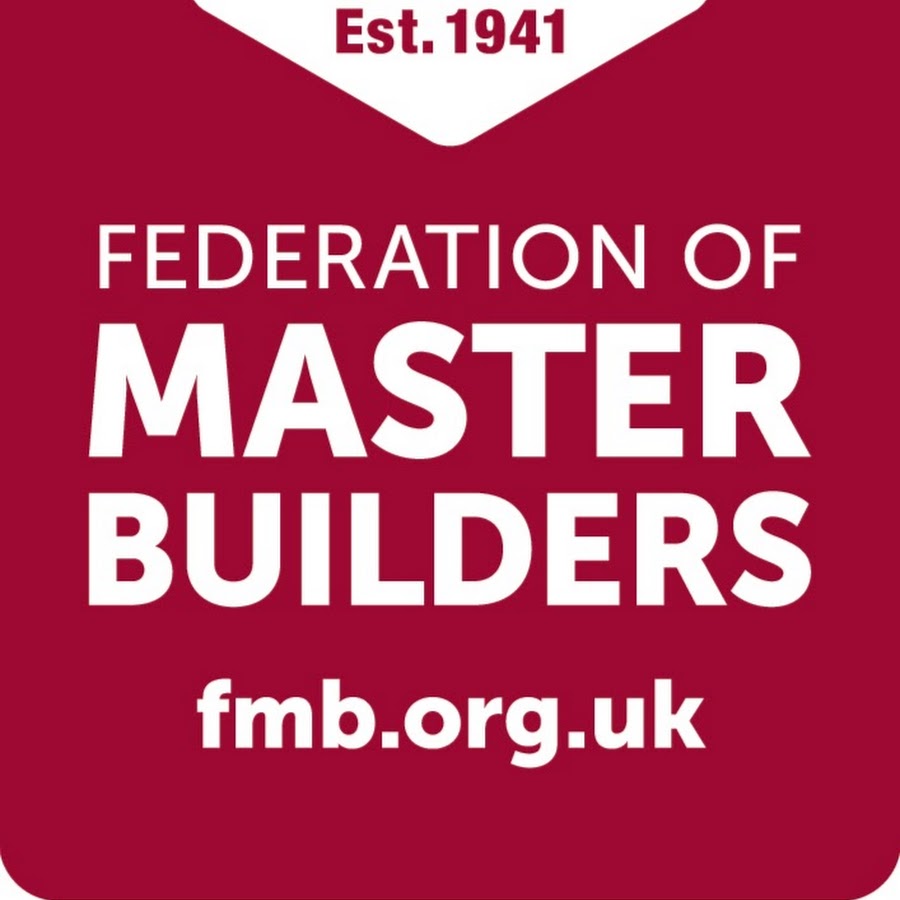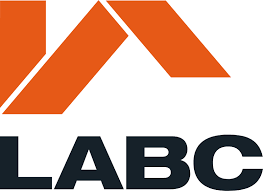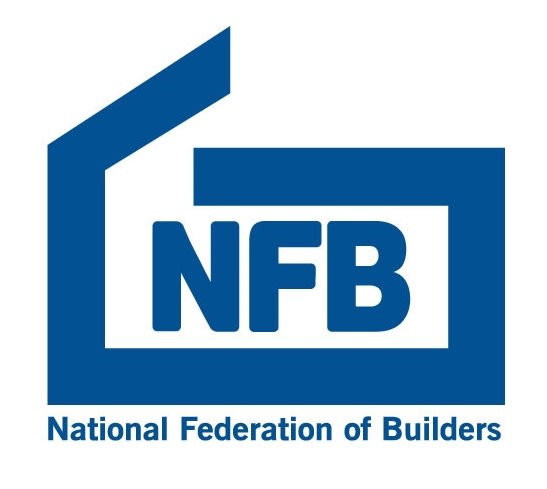Did you know that all CE Midlands members can join any/all of our thought leadership ‘Theme Groups’?
We currently have four theme groups: Building Safety, Future Skills, Climate Crisis and Smart Construction
Each theme group has meetings throughout the year either online or sometimes for an in person site visit or tour.
The Building Safety group is chaired by Richard Cymler and aims to drive understanding and compliance with the Building Safety Act across the Midlands Region.
The Future Skills group is chaired by Dan Bridgewater. The focus of the group has two key elements:
- Addressing the challenge of recruiting future talent into the industry
- Addressing the skills gap within current workforce
The Climate Crisis group is chaired by Noel Street and is committed to support members and other associated business by leading action in our community and sharing good practice, with the aim of embedding a sustainable / circular economy approach in the property and construction industry of the Midlands.
The Smart Construction group is chaired by Dhiran Vagdia and their mission is to share knowledge and foster collaborative working within the digital technology and offsite sectors in the Midlands, signposting work in these fields being done by others.
If you are a member and have not yet joined, please contact info@cemidlands.org
A year or so ago, Constructing Excellence Midlands launched a free online mental health and wellbeing hub to support individuals working in construction.
With more than one in ten construction workers in the Midlands admitting to poor mental health, CE Midlands partnered with Red Dot 365 to offer direct confidential access to qualified mental health and wellbeing therapists – at no cost to the individual.
The ‘red dot’ button can be found at the top of our website and allows users to access fully funded therapists 24/7, 365 days a year.
“By pressing the ‘red dot’ users will be asked to answer just a few questions before being given access to the support they need, at a time that works best for them,” explains John Williams, Director and Owner of Red Dot 365.
“Creating facilities like this means we can capture and understand the real challenges in the sector and therefore, we can proactively help provide the right support at the right time – when people need it most.
“This is a fantastic opportunity for people working in the sector to be given a voice to influence the sector in a positive way and make a real difference.”
Constructing Excellence Midlands champions mental health and is committed to helping those working in the industry.
“We found that 10% of construction workers rate their mental and personal wellbeing as poor, so we knew more needed to be done to help,” said Andrew Carpenter, CEO of Constructing Excellence Midlands.
“It doesn’t matter what role you undertake, this mental health support is available to anyone who works in the construction and built environment sector.”
“It’s time to challenge the historical macho approach of just ‘man up and get on with it,’ and instead address the issues we face. Thanks to our collaboration with Red Dot 365, we offer access to qualified therapists throughout the year, at no cost for individuals and organisations – which is a great first step to help make a change to the overall wellbeing of people working in this sector.”
There are undoubtedly challenging times ahead with the dates for implementation of the Building Safety Act for in scope buildings rapidly approaching on the 1st October 2023.
There is a transition phase, known as ‘in flight applications’ which allows projects to be controlled by either Building Control Approvers and Inspectors provided that the application has been registered before 1st October 2023 and has commenced before 6th April 2024.
Projects that do not meet this criteria require applications to the Building Safety Regulator.
Competency has been a key to the deliverance of safe buildings. This competency requirement does not just include Building Control Professionals.
Under the Building Safety Act (2022) professionals working on Higher-Risk Buildings (HRB) with duty-holding responsibilities – clients, principal contractors, principal designers, and those with maintenance responsibilities – must now demonstrate their competence.
CE Midlands Building Safety Theme Group meets regularly under new chair Richard Cymler to discuss many diverse implications upon the various disciplines involved with projects and the effects of the building safety act – this group promotes the who ethos of CE Midlands and the collaborative approach that is needed to deliver safe buildings. We would actively welcome additional participants – please contact Lynn Broughton if you want to join in the discussion group
I hope you enjoy this months newsletter and best wishes.
CE Midlands will be at UKCW in Birmingham again this year so look out for us and come and say hello.
Robotics, sustainability and productivity will all be highlighted in the ever-popular Future Lab at UKCW Birmingham this October – a showcase of technology, disruptors and change-makers who are at the leading edge of innovation in the industry.
The three-day construction show, which returns to the NEC from October 3rd to 5th, will welcome over 25,000 visitors, with a key focus on culture change in construction, and feature over 6,000 products and services.
Each product featured in Future Lab is part of a step in building a home or building: from AI supported tools, CO2 reducing products and performance enhancing building materials:
-
Apogee – the strikingly designed, AI-supported Apogee is German Bionic’s next-generation smart robotic wearable tool. It is even lighter and more comfortable than its predecessors and broadens the areas of application.
-
Minimass – a family of new, patented, low-carbon, low-cost, 3D printed concrete structural elements for use in the construction of buildings and bridges.
-
Nav520 & thermal camera – the RealWear Navigator 520 is the gold standard in rugged frontline solutions. An agile, lightweight headset, it engages, empowers and elevates remote working.
-
Cyanoskin – an innovative living paint that efficiently absorbs carbon dioxide. By harnessing the extraordinary power of photosynthesis, it is a unique paint primarily composed of algae, offering an eco-friendly way to transform spaces.
-
CUT – POZZ – a novel technology platform which unlocks new advances in strength and durability for cement replacements. By permanently storing CO2 in industrial by-products and natural materials—from coal plants, glass manufacturing, mine sites, and more—they improve performance and lower emissions.
-
Breathaplasta – a range of breathable plaster, designed for healthy buildings and people. The Breathaplasta product line (Thermal, Universal and Smooth) has proven to reduce mould and damp using natural additives, offering fabric first solutions that are a fast and easy way to insulate homes.
Nathan Garnett, UKCW show director, commented: “In a rapidly changing industry, UKCW strives to showcase the companies who are fundamental in shaping the construction world with innovation and technology. That’s why we’re excited for Future Lab to be returning to Birmingham”
Officially opened by architect and Channel 4 presenter George Clarke and championed by partners and sponsors such as HP, Conquip Engineering Group, Northgate, Find It In Birmingham, CIOB, BMF and NFB, the show will feature sessions and seminars led by industry experts across six stages. Other key features include:
-
Robotics Theatre – sponsored by HP.
-
UKCW Role Model Awards – celebrating the unsung heroes of construction.
-
Timber Expo – celebrating 10 years at UKCW this year, the UK’s largest display event for wood and timber presents the future of the sector.
-
Seminar Programme – covering latest building regulations, the Building Safety Act and its implications, and advice on retrofit
Visitors will also be able to explore sections dedicated to Build, Infrastructure, Roadmap to Net Zero, Digital Construction and Offsite. With exhibitors including Biffa, Topcon, Containex, SDS, Hanson Plywood, Expedeon, Celsa Steel UK and HP Construction Services; 2023 on track to be the most successful year yet.
To register for UKCW Birmingham for free, go to UKCW Birmingham Registrations
For more information on Future Lab visit www.ukconstructionweek.com/future-lab
I am a researcher at University of Nottingham. We are seeking workplaces to participate in the Pain at Work Trial.
We are exploring the feasibility and acceptability of the Pain-at-Work toolkit. This involves recruiting organisations and delivering the online toolkit to employees with chronic or persistent pain across the UK through their workplace.
The Toolkit has been produced on the Xerte platform and is a simple and relatively short online package with advice, signposting, and links to resources. The content can be read or listened to. The toolkit was developed with input from employers and people who have chronic pain, and it has been pilot tested already.The Pain-at-Work (PAW) Toolkit aims to equip people who have pain with the knowledge, skills, and confidence to:•effectively self-manage a painful condition at work•access help and support•enjoy a better work experience•and remain in the workforce
The Study overview is HERE
Contact Wendy.Chaplin1@nottingham.ac.uk
Constructing Excellence is very much about influencing, persuading, and inspiring. This month Martyn Jones argues that we will need to hone and deploy these skills like never before if we are to help construction embrace the technologies and ways of working of the new paradigm and play our vital part in saving and repairing the planet.
In responding to the last paradigm shift of the 1990s we invoked the thinking of gurus Peters and Waterman (In Search of Excellence), Covey (The 7 Habits of Highly Effective People), Senge (The 5th Discipline), Havel and Prahalad (Competing for the Future), Freeman and Soete (The Economics of Industrial Innovation) and Womack and Jones (Lean Thinking), and many others too.
Closer to home, we had Latham (Constructing the Team), Egan (Rethinking Construction), Bennett (7 Pillars of Partnering), Wolstenholme (Never Waste a Good Crisis) and more recently Farmer (Modernise or Die), all of whom invited us to work together collaboratively to make the features of the ICT paradigm a reality.
We are now embarking on another even more significant paradigm shift, where we need to influence, persuade, and inspire more construction clients and their advisers to commission environmentally sustainable buildings and infrastructure – and as a matter of great urgency.
We need to persuade them to ask for, indeed require, that those in their construction supply systems deploy the technologies and working practices of the new paradigm for the benefit of their projects, and not just during the design and construction phases but throughout the lifecycle.
To refurbish and repurpose wherever possible rather than looking first to demolish and replace their existing built assets. To switch to the use of more environmentally friendly materials and components, energy sources, and methods of construction.
And it is not just clients and their advisers we need to influence, persuade, and inspire, but first tier contractors and supply chains too. They need to recognise that the impending paradigm shift will require new ideas and transformational leadership if we are to turn away from competing on lowest price and environmentally harmful solutions.
To offer new greener value propositions around the planning strategy proposed by The Climate Change Advisory Group, including making rapid cuts to emissions, recovering carbon from the atmosphere, and adapting to the consequences of climate change that are now inevitable.
How do we best go about influencing, persuading, and inspiring change? What tactics have we deployed in the past? Will they work in the new paradigm?
There are of course, the pressure and assertiveness tactics, employing sanctions and compulsory measures on the targets of the change upstream and downstream in the process. And these have their place in achieving compliance as, for example, in the progress we have made in protecting health and improving worker safety.
Although the use of these pressure tactics can be effective in eliciting compliance – and at the speed now necessary to combat climate change – commitment is seldom secured as they can evoke a hostile reaction and resistance.
The other, softer, slower but more enduring influence tactics were seen as being more in tune with the ICT paradigm and the principles and ethos of Constructing Excellence, and included:
Rational persuasion of the need to change (the use of logical arguments, information, and factual evidence)
Inspirational appeals to change (arousing enthusiasm by appealing to ideals, values, or aspirations and not just for us but for society as a whole and future generations)
Coalition (seeking the engagement, cooperation, and collaboration of others in shaping the change)
Faith (fostering the belief by others that Constructing Excellence was an honest broker, trustworthy, and sincere in our intentions, and that they would respond by doing what is expected of them)
Consultation (involving the targets of the change in the process of making, planning, implementing, and sustaining the change)
Personal appeals to change (appealing to feelings of friendship or loyalty when we asked for change)
Exchange (offering the exchange of material, services, or favours for commitment to the change)
Ingratiation (using flattery, praise, or helpful behaviour prior to asking for change)
If construction is to meet the current challenges, Constructing Excellence, and others, will need to deploy these tactics and possibly others to help our leaders across the built environment guide, restructure, mobilise, facilitate, envision, foster harmonious relationships, encourage learning, and strive to improve performance within their own organisations and with other organisations. They can only do this by exercising effective influence and persuasion.
















